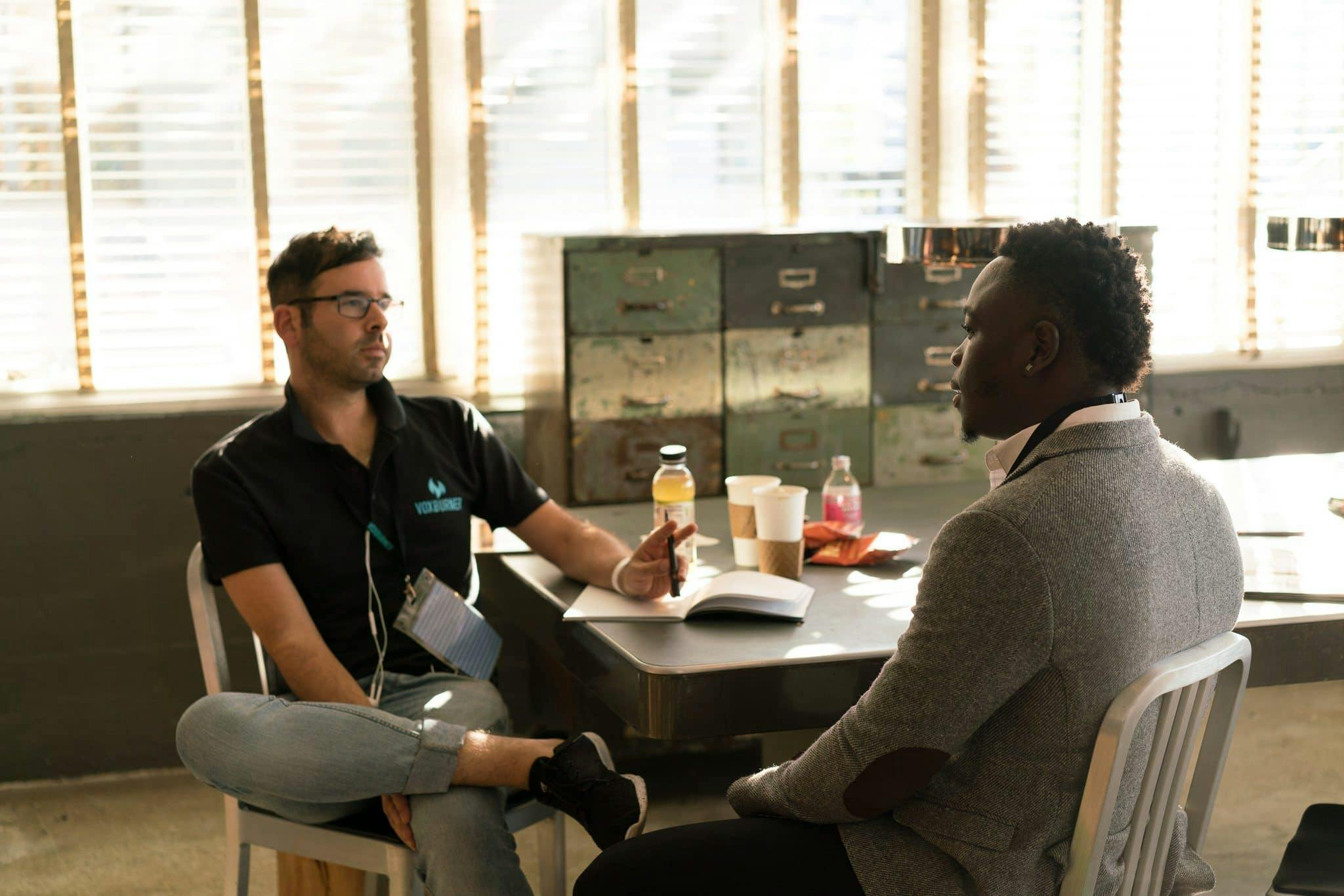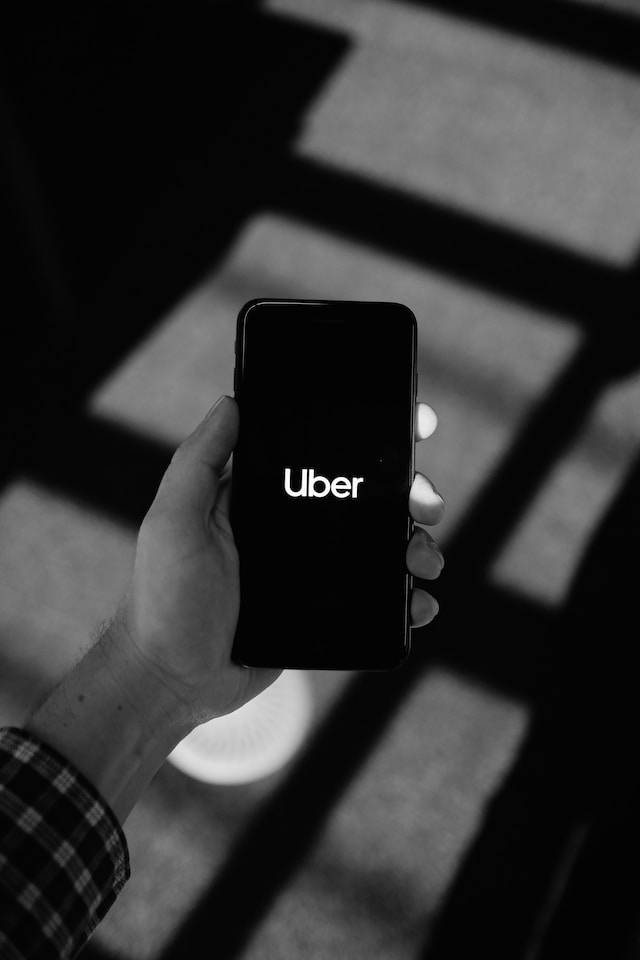So you’ve found yourself in the unfortunate situation of being involved in an Uber accident. Don’t panic, because help is just a click away! In this guide, we’ll walk you through the essential steps to take after an Uber accident and provide you with valuable insight on hiring a lawyer to navigate the legal complexities. From documenting the scene to handling insurance claims, we’ve got you covered. So sit back, relax, and let us guide you through this challenging time with expertise and ease.

1. Assessing the Situation and Safety Measures
1.1. Check for Injuries
The first step after an Uber accident is to check yourself and any passengers for any visible injuries. It’s essential to prioritize your safety and well-being. If there are any severe injuries, call emergency services right away for immediate medical attention.
1.2. Move to a Safe Location
If possible, move your vehicle to a safe location away from traffic to prevent further accidents or injuries. This ensures the safety of everyone involved in the accident as well as other drivers on the road.
1.3. Contact Emergency Services
Contacting emergency services is crucial after an accident, especially if there are injuries or significant damage. Dial the emergency hotline in your area to report the accident and provide them with all the necessary information. This will help ensure that medical assistance and police support are sent to the scene promptly.
2. Gathering Evidence at the Scene
2.1. Documenting the Accident
Once you have taken care of safety measures, it’s important to gather evidence at the accident scene. Take detailed notes about what happened leading up to the accident, such as the time, location, and any relevant details. These notes will be useful later when you’re reporting the accident or seeking legal representation.
2.2. Gathering Contact Information
Exchange contact information with the other parties involved in the accident, including their names, phone numbers, addresses, and insurance details. Additionally, gather contact information from any witnesses who may have seen the accident. Their statements could potentially help your case in the future.
2.3. Taking Photographic Evidence
Take photographs of the accident scene, including the vehicles involved, any visible injuries, and property damage. These photographs can serve as valuable evidence to strengthen your case. Make sure to capture the license plates, street signs, and any other relevant details that could contribute to determining fault.
3. Reporting the Accident
3.1. Informing Uber
As an Uber passenger or driver involved in an accident, it’s important to inform Uber about the incident. Contact Uber’s support team and report the accident, providing them with all the necessary details. This will ensure that Uber is aware of the situation and can take any appropriate actions if needed.
3.2. Filing a Police Report
Contact your local police department and file an accident report. Provide them with all the necessary information and cooperate fully during the process. A police report serves as an official document that can strengthen your case and help determine liability in the future.
3.3. Notifying Your Insurance Company
Inform your insurance company about the accident, regardless of whether you were the passenger or the driver. They will guide you through the claims process and advise you on the necessary steps to take. Be honest and provide all the details about the accident to ensure a smooth claims process.
4. Seeking Medical Attention
4.1. Check for Injuries
After an accident, it’s crucial to check yourself and any passengers for injuries, even if they may not be immediately apparent. Some injuries may have delayed symptoms, so it’s best to seek medical attention to rule out any underlying issues.
4.2. Seeking Immediate Medical Attention
If you or anyone involved in the accident has sustained serious injuries, seek immediate medical attention. Your well-being is of utmost importance, and prompt medical care can prevent further complications or long-term health issues.
4.3. Documenting Your Injuries
Keep track of all medical records, bills, and reports related to your injuries. These documents will serve as evidence of your injuries and medical expenses when seeking compensation.

5. Understanding Your Rights and Legal Options
5.1. Familiarize Yourself with Uber’s Insurance Policy
Take the time to understand Uber’s insurance policy, including coverage limits and the circumstances under which they provide coverage. This knowledge can help you navigate the claims process and understand your rights as an accident victim.
5.2. Consult an Experienced Uber Accident Lawyer
Consider reaching out to an experienced Uber accident lawyer who specializes in handling these types of cases. They can guide you through the legal process, protect your rights, and work to maximize your compensation.
5.3. Understanding Personal Injury Lawsuits and Claims
Educate yourself on personal injury laws and how they apply to Uber accidents in your jurisdiction. Understanding the legal aspects of your case can help you make informed decisions and ensure that you’re taking the necessary steps to protect your rights and seek the compensation you deserve.
6. Assessing Liability and Collecting Compensation
6.1. Determining Fault in an Uber Accident
Determining fault in an Uber accident can be complex. It may involve analyzing factors such as driver negligence, vehicle malfunction, or traffic violations. Your lawyer will investigate the accident, gather evidence, and work to establish liability to support your claim.
6.2. Evaluating Damages and Compensation
With the help of your lawyer, evaluate the damages you have suffered as a result of the accident. This includes medical expenses, property damage, loss of income, pain and suffering, and any other relevant costs. Your lawyer will assist you in determining a fair amount of compensation to seek.
6.3. Negotiating with Insurance Companies
Your lawyer will negotiate with insurance companies on your behalf to reach a fair settlement. They will leverage the evidence and legal arguments gathered to argue for the maximum compensation you deserve. Having an experienced lawyer by your side significantly increases your chances of a successful negotiation.

7. Statute of Limitations and Deadlines
7.1. Understanding Statute of Limitations
Be aware of the statute of limitations for personal injury lawsuits in your jurisdiction. The statute of limitations determines the deadline by which you must file a lawsuit after an accident. Failing to meet this deadline can result in the loss of your right to seek compensation.
7.2. Notifying the Other Party and Insurance Companies
Notify the other party involved in the accident and their insurance company of your intention to file a claim within the timeframe specified by the statute of limitations. This ensures that all involved parties are aware of your intentions and can avoid any unexpected delays in the legal proceedings.
7.3. Filing Lawsuits within Deadlines
If negotiations with insurance companies fail to result in a fair settlement, your lawyer may recommend filing a lawsuit. It’s crucial to abide by the deadlines set by the statute of limitations to protect your rights and preserve your ability to seek compensation through litigation if necessary.
8. Contingency Fee Arrangements and Legal Fees
8.1. How Do Contingency Fees Work?
Most personal injury lawyers work on a contingency fee basis. This means that you don’t have to pay any upfront legal fees. Instead, your lawyer will receive a percentage of the compensation you receive if they win your case. If they are unsuccessful, you are not obligated to pay any legal fees.
8.2. Evaluating Legal Fees and Costs
Before hiring a lawyer, discuss their fee structure and make sure you understand their rates and any additional costs that may arise during the legal process. Transparency and clear communication about legal fees will help you make an informed decision about legal representation.
8.3. Understanding the Attorney-Client Agreement
Once you have chosen a lawyer, review and sign an attorney-client agreement. This agreement outlines the terms and conditions of your legal representation. It’s important to understand the agreement thoroughly and ask any questions you may have before signing.
9. Preparing for Legal Proceedings
9.1. Organizing Documents and Evidence
Work closely with your lawyer to organize all the relevant documents and evidence related to your case. This includes medical records, police reports, photographs, witness statements, and any other supporting evidence. Having well-organized documentation will strengthen your case and facilitate the legal process.
9.2. Expecting Investigation and Discovery
Be prepared for the investigative phase of your case. The insurance companies and legal teams involved may conduct investigations, collect additional evidence, and pursue discovery. Your lawyer will navigate this process on your behalf and ensure that your interests are protected.
9.3. Building a Strong Case
Together with your lawyer, build a strong case by utilizing the evidence gathered, expert opinions, and legal arguments. Your lawyer will work diligently to demonstrate the negligence or liability of the responsible party and advocate for your rights throughout the legal proceedings.
10. Settling or Going to Trial
10.1. Exploring Settlement Options
At various stages of the legal process, settlement offers may be presented. Your lawyer will evaluate these offers and advise you on whether they adequately compensate for your damages. Consider the advice of your lawyer before accepting or rejecting any settlement offers.
10.2. Preparing for Trial
If the case moves forward, your lawyer will help you prepare for trial. This may involve gathering additional evidence, identifying expert witnesses, and developing a strong legal strategy. Your lawyer will guide you through the trial process and advocate for your rights in court.
10.3. Handling Appeals and Post-Trial Processes
After a trial, there may be post-trial motions or potential appeals. Your lawyer will handle these processes on your behalf, ensuring that your rights are protected and pursuing any available legal avenues to secure fair compensation.
Remember, the information provided in this guide is not legal advice but rather a comprehensive overview of the steps you can take after an Uber accident. It is always advisable to consult with an experienced Uber accident lawyer to understand the specifics of your case and ensure that your rights are protected throughout the legal process.

